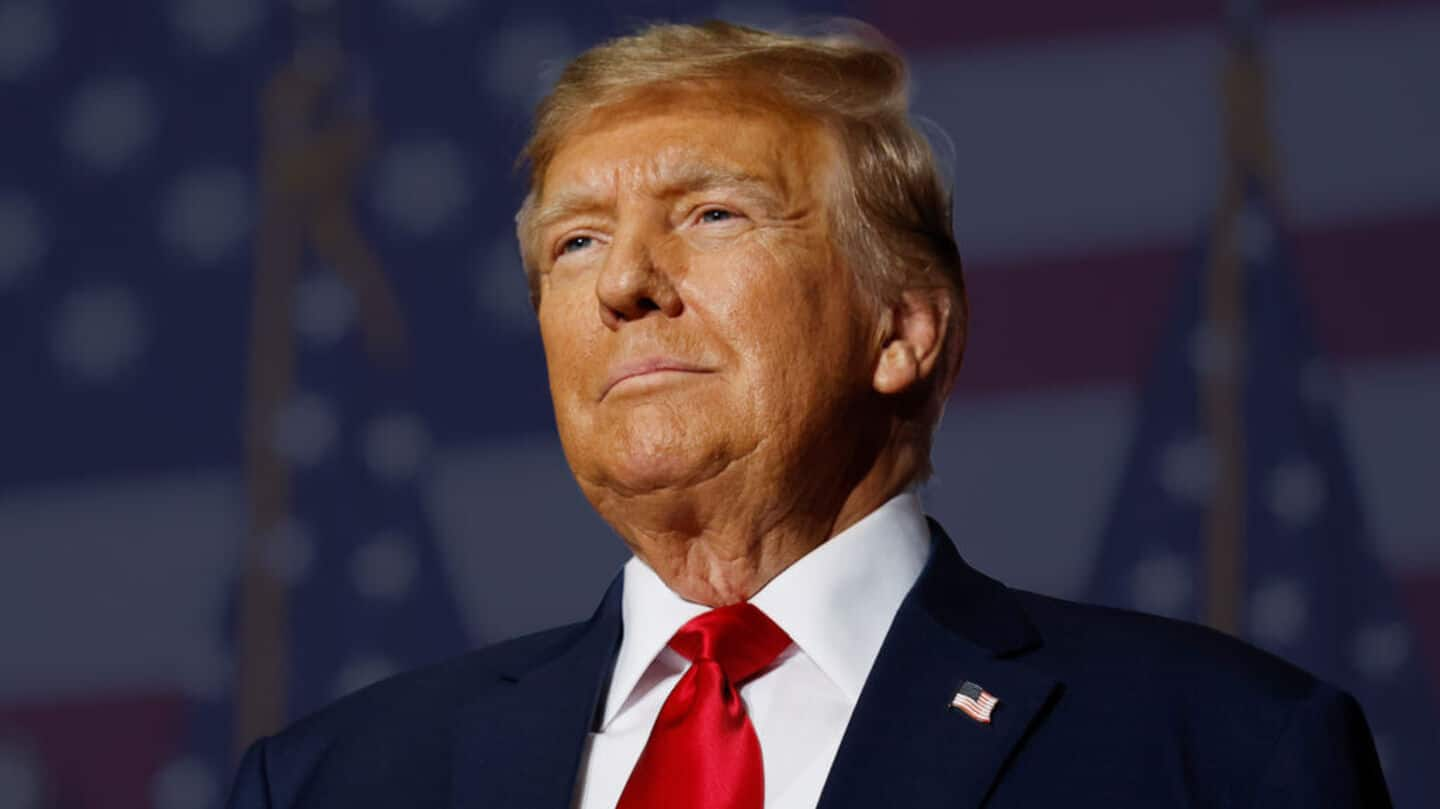
Trump says Japan isn't buying US rice—So he's threatening tariffs
What's the story
US President Donald Trump has threatened to impose new tariffs on Japan, citing the country's refusal to import American rice. "They won't take our RICE, and yet they have a massive rice shortage. In other words, we'll just be sending them a letter, and we love having them as a Trading Partner for many years to come," Trump said in a post on Truth Social.
Fact check
Trade data debunks Trump's claim
Trump's assertion that Japan "won't take" rice from the US has been debunked by trade data from the US Census Bureau. The data shows that Japan imported $298 million worth of American rice last year and another $114 million between January and April this year. However, it's still unclear if Japanese officials in ongoing trade talks have said they will stop buying US rice in future.
Diplomatic stance
'Negotiations still ongoing'
Responding to Trump's tariff threat, Chief Cabinet Secretary Yoshimasa Hayashi said trade talks are still ongoing. He acknowledged that the Japanese government is aware of Trump's claim but refrained from commenting on it. "While we refrain from disclosing the specifics of our discussions with the US, Japan will continue to vigorously pursue sincere and honest discussions," he said.
Tariff strategy
US plans to send tariff letters to some countries
Trump has said his administration plans to send letters to some countries, informing them of their new tariff rates. This comes after the suspension of his April "reciprocal" tariffs on US trading partners. In a recent Fox News interview, Trump specifically mentioned Japan as one of the possible countries that could receive such a letter.
Tariff deadline
Deadline for tariff suspension approaches
Trump's post comes just days ahead of the July 9 deadline, when his 90-day suspension of these "reciprocal" tariffs expires. It remains unclear what will happen to tariff rates for the affected countries. Before the suspension was announced, Japanese exports were briefly hit with a minimum tariff rate of 24%. Since then, they have been subject to a universal 10% rate.